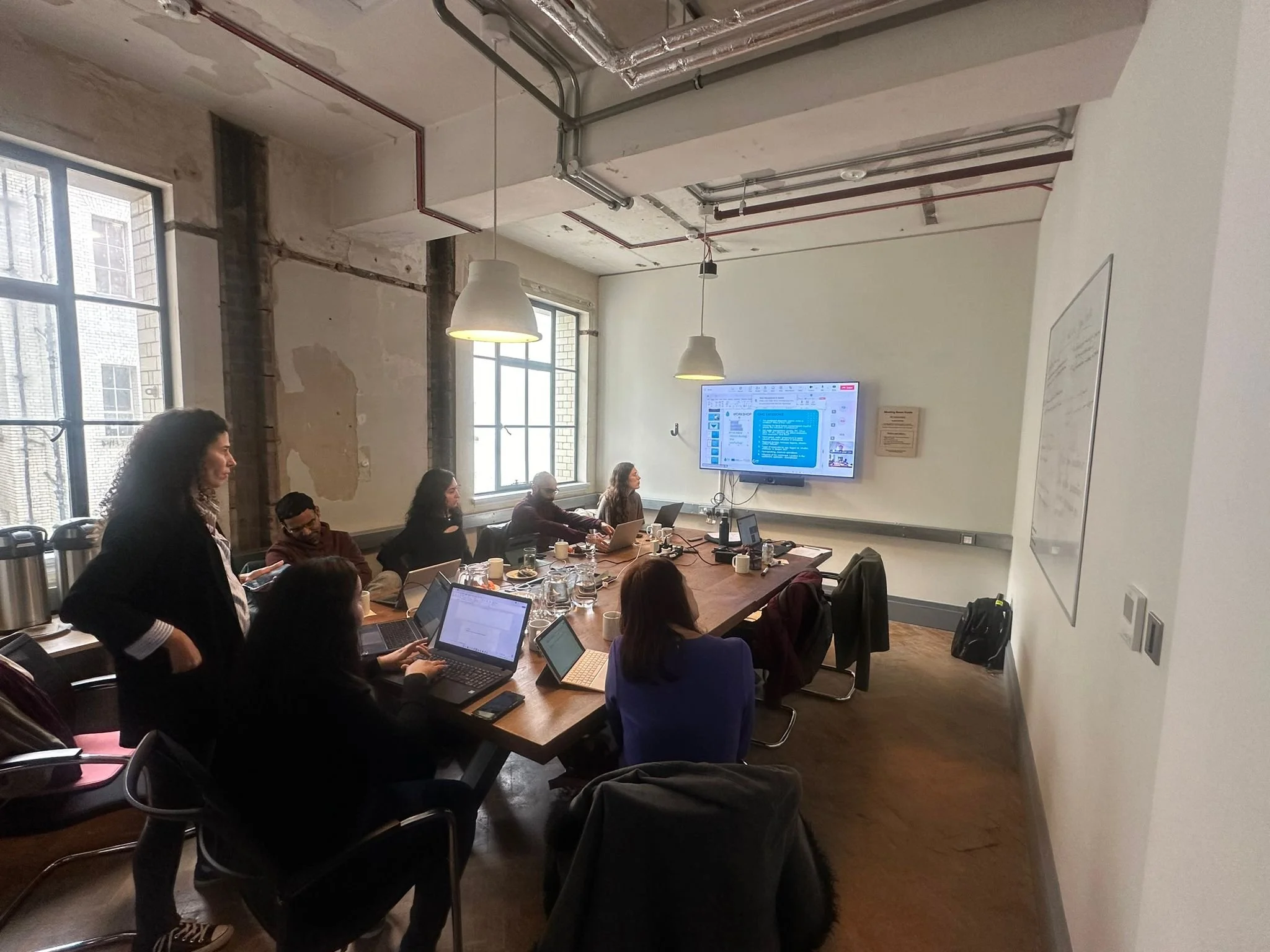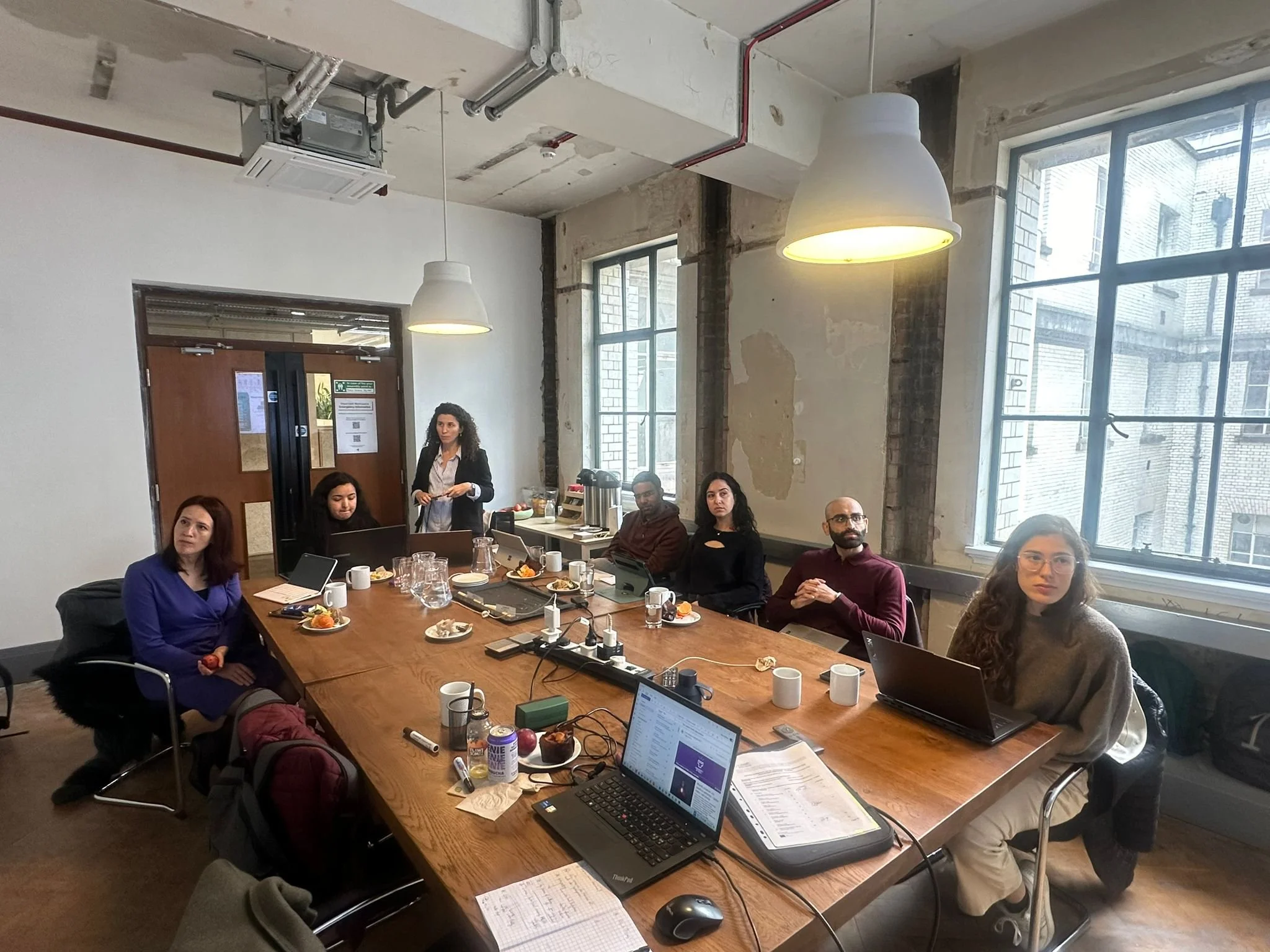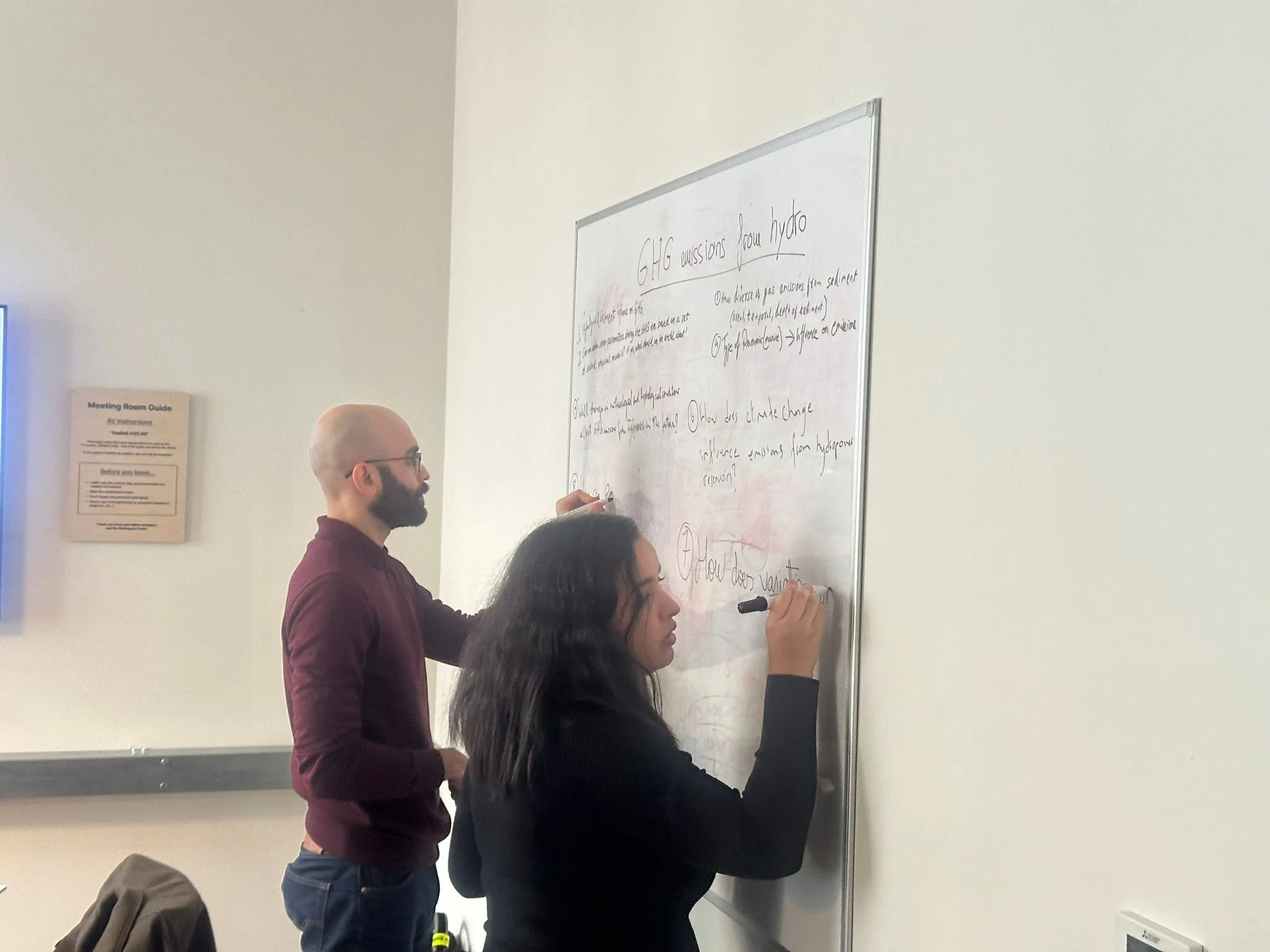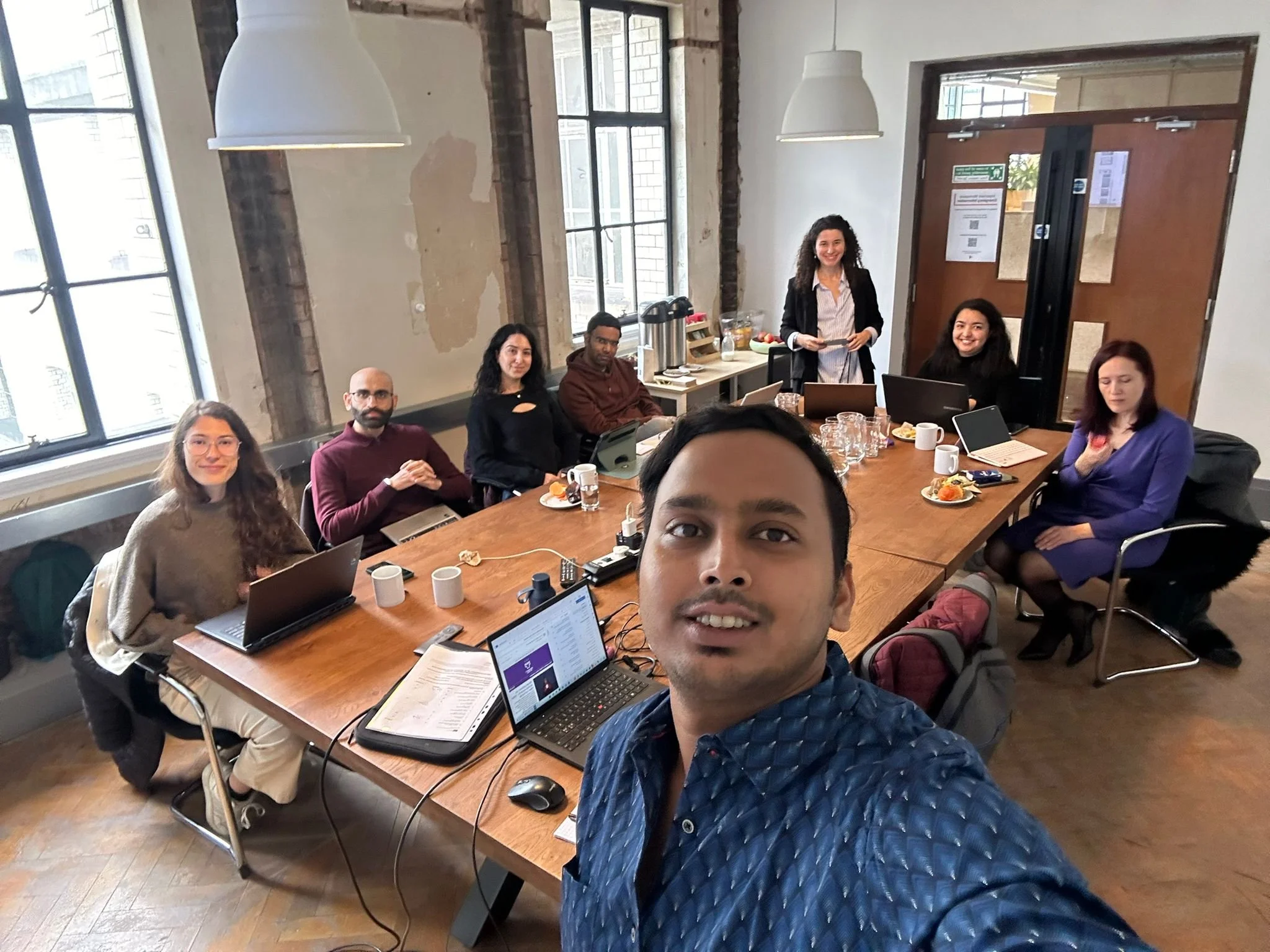Exploring GHG Emissions from Hydropower Reservoirs: Insights from the PEN@Hydropower Workshop in London
The recent Working Group 3 (WG3) thematic workshop on GHG emissions, organized by Open Hydro under the PEN@Hydropower project, brought together researchers from 13 countries to London to focus on understanding greenhouse gas (GHG) emissions from hydropower reservoirs. With a diverse group of participants, including many young researchers and women, the workshop aimed to address a topic critical to hydropower’s role in the clean energy transition and the EU's goal of achieving net-zero emissions by 2050.
Hydropower is an essential component of global renewable energy strategies, but the environmental impacts of hydropower reservoirs, specifically their contribution to GHG emissions, remain a growing area of concern. Despite being a relatively low-carbon energy source, these reservoirs can emit carbon dioxide and methane due to organic material decomposition. Accurately measuring and predicting these emissions is crucial to determining hydropower’s true role in mitigating climate change.
During the workshop, participants engaged in hands-on sessions and active discussions. A key takeaway was the persistent uncertainty surrounding the scale of global GHG emissions from hydropower reservoirs. Current methodologies are largely based on empirical models that require site-specific adjustments, which raises concerns about their applicability across different regions or climatic zones. Many of these models are based on limited data and cannot always be reliably transferred to other hydropower sites. The need for a more robust, globally-applicable framework is becoming clear.
One promising avenue discussed was the integration of machine learning into GHG emissions research. Machine learning tools can help address the significant data gaps that hinder accurate estimations. These tools allow researchers to analyze large datasets and identify patterns that may not be apparent through traditional methods, offering the potential to improve predictions and reduce uncertainties in emission estimates.
However, even with emerging technologies, the challenge remains in generalizing findings across different systems. While numerous case studies have provided valuable insights into site-specific GHG emissions, the results are highly variable. Each study sheds light on different environmental variables, but it is difficult to extrapolate the findings to other hydropower reservoirs, especially given the wide variety of environmental conditions and management practices.
The workshop was highly productive, resulting in the identification of eight critical research questions that WG3 Task 1 will address in the coming months. These questions will help guide future research efforts aimed at improving the accuracy of GHG emission estimates from hydropower reservoirs and refining the methods used to assess the environmental impacts of these systems.






